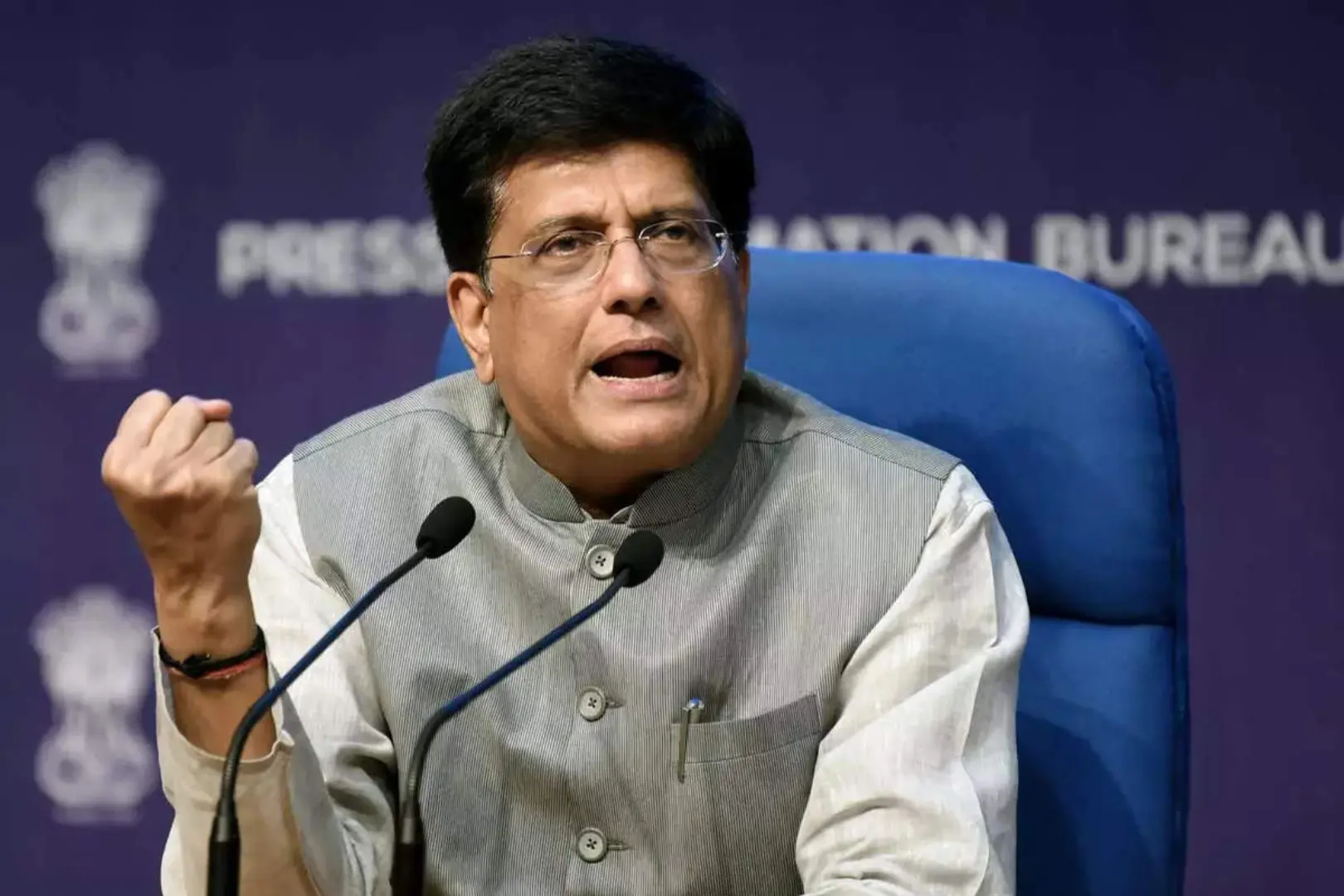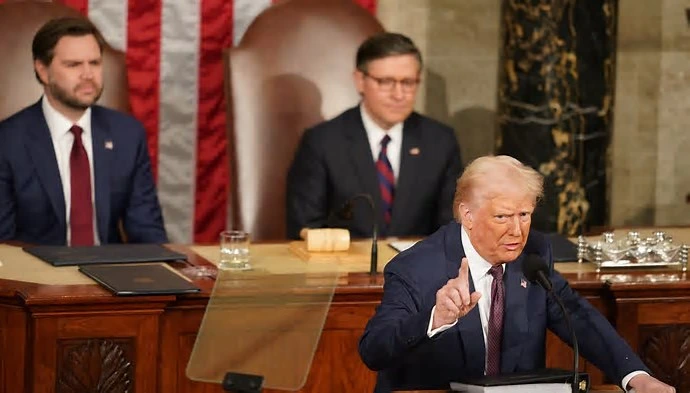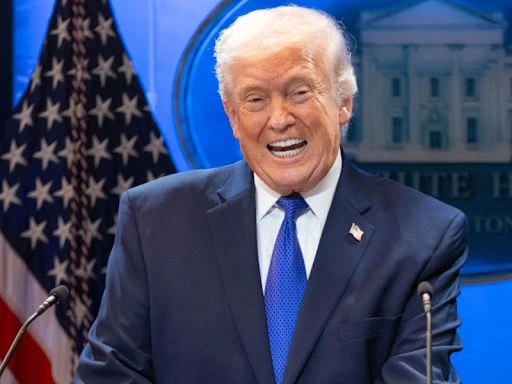04-Oct-2024, 02:11 PM
In a recent statement, Piyush Goyal, India’s Minister of Commerce and Industry, criticized the opposition for allegedly “forcing” India into signing the Regional Comprehensive Economic Partnership (RCEP), a significant free trade agreement that includes several Asia-Pacific nations. His remarks came as he reiterated the government’s stance against joining the pact, emphasizing that it does not align with India’s economic interests.
Context of Goyal’s Remarks
The RCEP, which was signed in November 2020 and came into effect in January 2022, is considered the world’s largest trade agreement by GDP of its member states. It includes 15 countries, such as China, Japan, South Korea, Australia, and New Zealand. India was initially part of the negotiations but opted out in 2019 due to concerns over its potential impact on local industries, particularly agriculture and small businesses.
Goyal’s assertion that the opposition “forced” India into discussions about RCEP reflects ongoing political tensions surrounding trade policies. He stated that the agreement primarily benefited China and did not embody the aspirations of Indian farmers or small and medium enterprises. He emphasized in an interview that “it was just a free trade deal with China.”
Criticism of China’s Trade Practices
Goyal has been vocal about his concerns regarding China’s non-transparent trade practices. He pointed out that engaging in a free trade agreement with a country characterized by opaque economic policies would not be in India’s best interest. He noted that India’s previous experiences with trade agreements have shown that they can lead to increased imports of low-quality goods that undermine local industries.
Political Ramifications
The debate over RCEP has significant political implications as it highlights differing views on how India should engage with global trade networks. The opposition parties have criticized the government for not pursuing opportunities that could enhance economic growth and integration into global supply chains. They argue that India’s absence from RCEP limits its ability to shape regional trade norms and hinders potential economic benefits.
Future Trade Strategies
Looking ahead, Goyal has indicated that India is focused on building self-reliance through domestic manufacturing and exploring alternative trade agreements that align more closely with its strategic interests. He mentioned ongoing efforts to bolster sectors like semiconductors and renewable energy as part of India’s broader economic strategy.
Conclusion
Piyush Goyal’s comments regarding the RCEP encapsulate the complex interplay between domestic politics and international trade policy in India. As the government navigates these challenges, the discourse around RCEP serves as a critical focal point for discussions about India’s economic future and its position within the global trading system. The ongoing debate underscores the necessity for a balanced approach that considers both local industry protection and opportunities for international collaboration.





